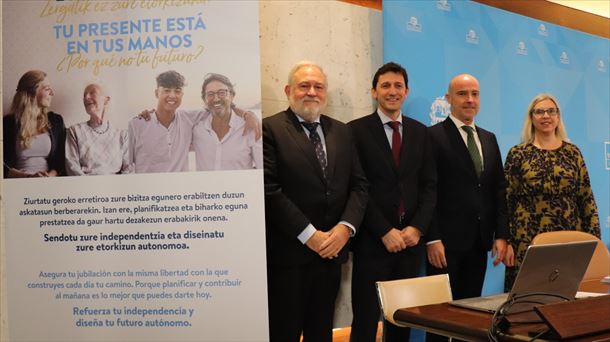Corpses are part of his daily routine: coroner Mario Darok from Styria gives the “Krone” insight into his work and explains why he is no longer annoyed by crime novels and why not all murder cases are discovered.
„krone“: How many autopsies do you do a week?
Mario Darok: On average there are three.
And how long does one last?
It takes between 50 minutes and four hours. For example, if a corpse has 30 punctures, they will be closely examined and measured. Many conclusions can be drawn from this.
Do you get used to the smell of corpses?
To the “normal” – yes. By the rotting or bodies of water – no! Even your own skin smells like that.
Is there a trick?
Breathe through your mouth if possible.
Have you never found a body?
I don’t wish it. While it would be an interesting experience and adventure to find a body as a professional, it doesn’t have to be.
Is there one case you particularly remember?
Everything with children is always very close to us. And in one case in Kapfenberg I felt faint, despite having 20 years of professional experience at the time. A man killed his ex-wife and her sister outside a supermarket. That was “overkill” with many stab wounds, even bones shattered. Both women also had shoe prints on their faces, the man jumped on them. Then I thought to myself: must it all be there, must I see it?
Do you think many murders go unnoticed?
If you are realistic, there will be undetected murders. But usually not. Especially because in the countryside it is mainly a matter of relationships and people support it. It’s not so much the underworld that carries out attacks from behind.
Can you watch detective stories without getting excited?
At first I was annoyed by the TV series. Partly about the clichés, but also about all the nonsense. Now, over the years, I actually think it’s a good thing. Because it shouldn’t be a training event. You don’t know who’s watching. And then they would know what we can and cannot do.
Do you even watch episodes of “Tatort”?
Yes, but only the one with Dr. Boerne (the “crime scene” from Münster, take note) – for the entertainment. It’s all very unrealistic.
What prejudice would you like to dispel?
That forensic medicine would not be a separate subject, but a part of pathology. This is often confused. Forensic pathologist and pathologist are often used in one sentence.
What is the difference?
The difference is: the pathologists do disease research and diagnostics. If a doctor finds a weird spot on my skin, they send it in for pathology to diagnose. I couldn’t. Forensic medicine, on the other hand, is applied medicine for the purpose of arbitration. So the unnatural death, but also the theory of injury.
So not just seem?
No not at all. One of the biggest mistakes. We also look at the living – for example after traffic accidents or violent crimes. For example, if it is unclear who was behind the wheel or how an injury occurred.
Sounds very exciting.
Oh yes, that’s why I chose this topic. Because it transcends the boundaries of medicine and also covers other fields such as criminalistics, biodynamics or law. This broad spectrum fascinates me.
Can you switch off?
no You are always what you make. I noticed this with a friend and applied it to myself. He is a dermatologist. And recently while eating, I notice him scanning me. Fully automatic. When I drive around privately, I also have memories: there at the crossroads, there in the woods and there in the farm, this and that happened.
Does that irritate your family?
No! Just when she’s arguing, my wife often says, “We’re not here in court” (smiles).
Source: Krone
I am Ida Scott, a journalist and content author with a passion for uncovering the truth. I have been writing professionally for Today Times Live since 2020 and specialize in political news. My career began when I was just 17; I had already developed a knack for research and an eye for detail which made me stand out from my peers.



